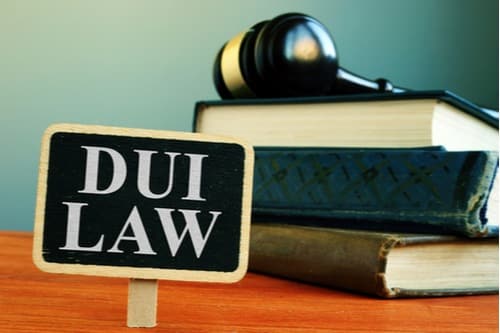If you have been charged with a DUI in South Carolina, the prosecution must prove your guilt beyond a reasonable doubt. Without clear evidence of your intoxication while driving, they will struggle to secure a conviction, and you may be able to go free.
So, what happens to your case if you refuse to take a breath test during a DUI stop?
The consequences of refusing a breath test in South Carolina differ from what many people believe. While a blood alcohol concentration (BAC) reading can serve as strong evidence of guilt, it is just one form of evidence that prosecutors can use to establish guilt under South Carolina’s drunk driving law.
South Carolina’s drunk driving law offers two ways for prosecutors to prove that you were intoxicated while driving. The first method is by using your BAC reading. According to Section 56-5-2933 of the South Carolina Code of Laws, a conviction can be secured if your BAC is 0.08% or higher. In this case, you would be found guilty of driving with an unlawful alcohol concentration (DUAC). Prosecutors are not required to demonstrate that your BAC affected your ability to drive; they only need to prove that it exceeded the legal limit.
The second way prosecutors can establish guilt in a drunk driving case is by presenting evidence of impairment. In this scenario, they do not need evidence of your BAC. Under Section 56-5-2930 of the South Carolina Code of Laws, it is illegal to operate a motor vehicle while under the influence of alcohol to an extent that impairs your ability to drive. This offense, commonly known as DUI, does not rely solely on BAC. Prosecutors can introduce various forms of evidence, such as dash camera footage of your driving or your behavior during the traffic stop, testimony from the arresting officer regarding your physical condition or admissions, and your performance on field sobriety tests as assessed by the officer.
Furthermore, if you refuse to take the breath test, prosecutors can use your refusal against you. South Carolina’s “implied consent” statute includes a provision stating that a person’s refusal can be used as evidence in court. Even without evidence of your BAC, prosecutors can present your refusal as proof that you were aware of your intoxication and didn’t want your blood alcohol concentration recorded.
It is important to note that DUI and DUAC carry the same penalties in South Carolina. Prosecutors are not concerned with which offense they pursue; they will pursue whichever charge is easier to prove. Even if you refuse a breath test, prosecutors may still have sufficient evidence to secure a conviction, and they will not hesitate to use your refusal against you.
If you have refused a breath test during a traffic stop in South Carolina, you must take steps to protect yourself. If possible, take detailed notes about your traffic stop, especially regarding any statements made by the arresting officer regarding the breath test. The “implied consent” law in South Carolina requires specific rights to be explained to you by the officer for it to apply. If this did not happen, you may have had the right to refuse the test.
Ensure that you attend your court date as scheduled if you have been arrested for DUI. Additionally, if you are facing an “implied consent” charge, promptly request a hearing to safeguard your driving privileges.
To give yourself the best chance of minimizing the consequences, it is crucial to discuss your case with an experienced DUI defense lawyer. Fighting DUI and DUAC charges in South Carolina requires an effective defense strategy tailored to the specifics of your case, which an experienced lawyer can help you build.
For help with your DUI case, call us today!

